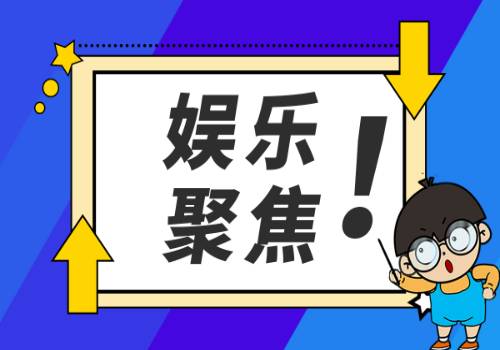 (资料图片仅供参考)
(资料图片仅供参考)
Image source: Visual China
BEIJING, May 24 (TiPost) – TikTok filed a lawsuit against the Montana state attorney on Monday, local time, arguing that the state’s ban on the app restricted freedom of expression and infringed upon the First Amendment of the U.S. Constitution.
Montana Governor Greg Gianforte signed a state bill last Wednesday, officially prohibiting the use of TikTok across the entire state, and preventing mobile app stores from offering access to the platform. This decision made Montana the first state in the U.S. to announce a comprehensive ban on the popular social media platform. According to the bill, the app store or Tiktok shall be fined $10,000 per day for each time a person in Montana is provided the access to the social media platform or downloads the app. Nevertheless, the fines do not apply to the users. The ban is scheduled to take effect starting on January 1, 2024.
The Montana law alleges that China was an “adversary” to both the U.S. and the state, and is interested in gathering information pertaining to the intellectual property of Montanans, local companies, and users to conduct corporate and international “espionage” activities. Additionally, the law asserts that TikTok has failed to remove harmful content that provides instructions to minors on engaging in dangerous activities and possibly even endorsed such content. It also highlights concerns regarding the potential risks to the safety and well-being of Montanans due to the nature of adventure challenges promoted on the platform.
The governor also issued an executive order last Wednesday, requiring the state’s chief information officer to block apps that provide personal information or data to foreign adversaries on state government devices and networks beginning June 1. These apps included CapCut, Lemon8, TikTok, Russia’s Telegram Messenger, Pinduoduo’s Temu, and Tencent’s WeChat. The state had already blocked TikTok on government devices.
In its lawsuit, TikTok contended that these “extraordinary and unprecedented measures were based on nothing more than unfounded speculation.” Montana argues that the Chinese government possesses access to data concerning TikTok users and that the platform exposes minors to harmful content online. However, it is a verifiable fact that TikTok does not disclose U.S. user data to the Chinese government, according to the document filed by TikTok.
The platform emphasized that it had taken significant measures to protect the privacy and security of its users. These measures include storing all U.S. user data within the United States as the default practice, as well as implementing robust safeguards to protect such data. It has also taken proactive steps to establish a secure and safe environment for all users, particularly teenagers, by implementing additional safeguards.
As per statistics from U.S. media, 34 out of the 50 U.S. states have opted to block TikTok on government devices and networks. Among them, Montana stands out as the first state to enforce a complete ban. At the federal level, the White House responded to a request from the U.S. Congress on February 27 by urging the federal government to uninstall TikTok. Additionally, several state universities across the country have also initiated measures to block access to the social media platform.
During a hearing held on March 23, TikTok’s CEO Shou Zi Chew appeared before the U.S. Congress and made four key commitments on behalf of the platform. Firstly, Chew emphasized that safety, particularly the safety of young users, would be accorded utmost priority. Secondly, he assured that stringent measures, such as firewalls, would be in place to safeguard U.S. user data from foreign access. Thirdly, he asserted that the platform upheld freedom of expression and would not succumb to manipulation by any government. Lastly, he pledged that the platform would prioritize transparency and willingly permit third-party independent organizations to monitor its operations.














































































